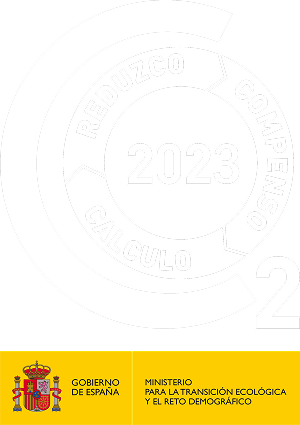Valencia – 08.04.20. After the success of its first webinar, the Fundación Valenciaport will meet the port logistics sector on 15 April at 17:00 to analyse the digital platforms and the blockchain in the port logistics chain with Miguel Llop, Director of Digital Transformation of the Fundación Valenciaport.
The sudden arrival of teleworking has undoubtedly made the population more appreciative of digital platforms. These allow the connection of the ends of the value chains to make them more efficient and productive, generating an improved experience for all participants. With this idea, a large number of digital intermediaries have emerged in the market, some of them becoming “great digital giants” (as is the case of the GAFAM empire) and many others have been emerging as startups with greater or lesser success and turnover.
Within the port logistics sector we can also find important digital intermediaries such as Tradelens, CargoSmart or INTTRA at a global level, or the digital platforms promoted by different public administrations such as Single Windows or Port Community Systems.
This webinar aims to present an overview of all these instruments, to know what trends exist at present and to analyse the opportunities to obtain the maximum advantage of digital platforms in our activities and businesses.
It should be remembered that this activity is part of the cycle of free webinars on the main trends in the port logistics cluster that the Valenciaport Foundation has set up with the aim of offering the sector an enjoyable option for training and updating during the period of confinement resulting from the COVID-19 pandemic.
These webinars are held through the Fundación Valenciaport’s Aula Virtual platform, on a weekly basis and last 30 minutes plus 15 minutes of additional questions. It is expected that, during the coming weeks, they will continue to analyze very current issues, combining market issues, as was the case of the first webinar, with innovation and technology issues such as this blockchain or cyber security in ports, the use of hydrogen in the maritime-port sector, the automation of container terminals and the possibilities of the circular economy in ports, among others.


